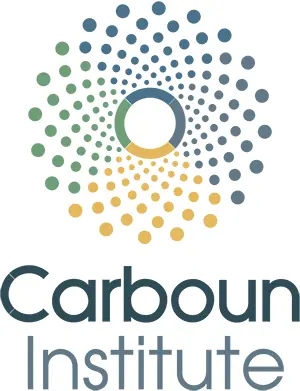Speakers

Jauad El Kharraz
Chief Executive Officer & Founder of the Water Energy Climate Experts Network (WECEN); Senior Associate in the Mediterranean Programme at ECCO

Karen Young
Senior Research Scholar at the Center on Global Energy Policy, Columbia University; Senior Fellow, Middle East Institute

Dina Zayed
Policy Strategist and Researcher; Associate Fellow, Carboun Institute
Moderator

Karim Elgendy
Energy and Climate Policy Expert; Executive Director, Carboun Institute
About the Webinar
The Middle East and North Africa (MENA) region stands at a crossroads in its energy journey. Historically known as a global hydrocarbon powerhouse, the region is now undergoing a significant transformation as it embraces renewable energy. While growth in renewable capacity is accelerating, it remains highly concentrated: seven MENA countries are expected to account for over 90% of the region’s new renewable capacity, with Saudi Arabia alone contributing more than one-third of this expansion. MENA also boasts extraordinary clean energy potential. According to World Bank data, 22–26% of all solar energy striking the Earth falls on the region, giving it the theoretical capacity to supply at least half of global electricity demand.
 Arab Center Washington DC and the Carboun Institute are organizing this webinar to examine the region’s energy transition through three critical perspectives. First, the webinar will assess the technical status of renewable energy deployment across MENA, exploring how different countries are scaling up technologies like solar and wind. Second, it will address the climate finance gap, examining mechanisms to help close this gap and unlock the investment needed to meet the region’s climate pledges under Nationally Determined Contributions. Finally, it will consider the geopolitical dynamics shaping MENA’s clean energy future, particularly great power competition. Chinese companies have become essential partners in Gulf states’ clean energy projects, while the United States is working to maintain its strategic influence as regional energy partnerships diversify. Each of these angles—technology, finance, and geopolitics—will shed light on how the MENA region can navigate its ambitious transition toward a sustainable energy future.
Arab Center Washington DC and the Carboun Institute are organizing this webinar to examine the region’s energy transition through three critical perspectives. First, the webinar will assess the technical status of renewable energy deployment across MENA, exploring how different countries are scaling up technologies like solar and wind. Second, it will address the climate finance gap, examining mechanisms to help close this gap and unlock the investment needed to meet the region’s climate pledges under Nationally Determined Contributions. Finally, it will consider the geopolitical dynamics shaping MENA’s clean energy future, particularly great power competition. Chinese companies have become essential partners in Gulf states’ clean energy projects, while the United States is working to maintain its strategic influence as regional energy partnerships diversify. Each of these angles—technology, finance, and geopolitics—will shed light on how the MENA region can navigate its ambitious transition toward a sustainable energy future.
Featured image credit: Shutterstock/Moatassem


